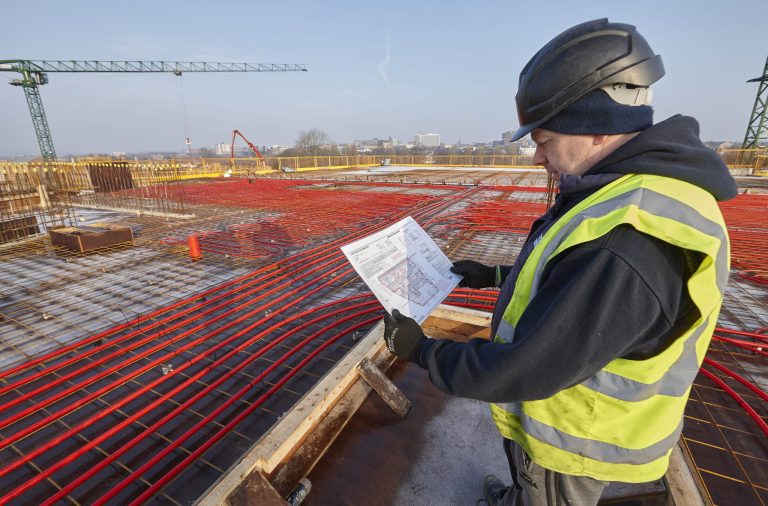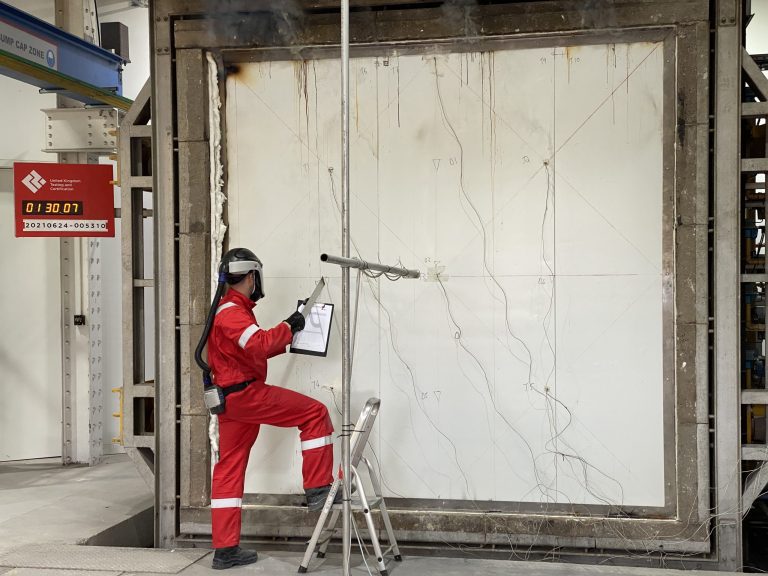Right after our physiological needs, our second most fundamental requirements are to feel safe and secure. Feeling safe in our own homes is imperative, and whilst the way safety measures make us feel is of the upmost importance, can additional safety measures also add value to a property? Smart home retailer, Somfy has undertaken substantial research through its True Price of Safety report reveal how much value having a house alarm system can add to your home. As over 63% of burglaries happen in homes without a basic security system, Somfy has deep-dived into data across Zoopla and Rightmove to reveal how much value a house alarm system could add to a property in different regions across the UK. The data revealed that, overall, across England having an alarm system can increase the value of a property on average by a huge £10,900 The biggest price difference was seen in Durham, with houses with alarms in this area valued at a whopping £18,900 more than their no-alarm counterpart. In comparison, the city of York registered the lowest price difference, with properties with house alarm systems averaging out at just £100 more in value than those without. The difference in additional value actually makes sense. CrimeRate statistics show that Durham is in the top 10 cities with the highest burglary rates across England, whereas York is often outlined as one of the safest places to live, with this reflecting in the difference in value that an alarm system can have in both areas. Interestingly, local criminality rates appear to be at least somewhat proportional to an alarm system adding more value to a property, with higher crime rates often correlating with alarm systems adding more value to a property in such regions. This proportion is of course not always perfect as there are many other factors that can influence the perceived price of safety for each household, for example income, lifestyle priorities and risk adversity, but what is clear is that there is certainly a link. The value that everyone may put on their sense of safety may vary, but what’s clear is that the addition of an alarm system to a home is almost certain to increase the feelings of safety, and the value of the property. That said, from a monetary perspective the cost of a burglary must outweigh the cost of an alarm system in order to understand the true price of safety. An average alarm system can cost anywhere between £90 and £400 depending on their advancement. This is compared to the average cost of a burglary in England being around £3,030, not factoring in the physical and emotional trauma because of a break in. Given that regardless of a break in, the average value that an alarm can add to a home across England is just under £11,000, what’s clear is that the addition of a smart home far outweighs the costs associated, increasing property value, home security and ultimately, peace of mind.














